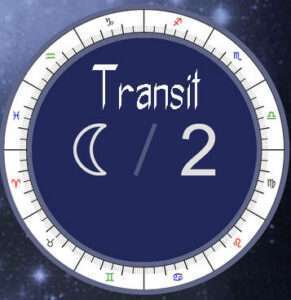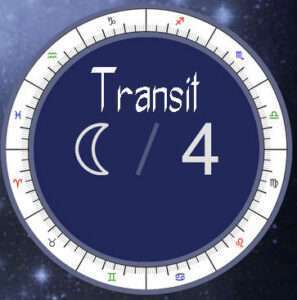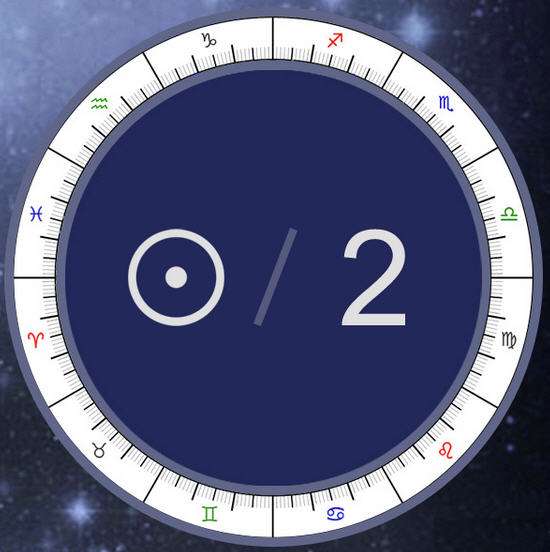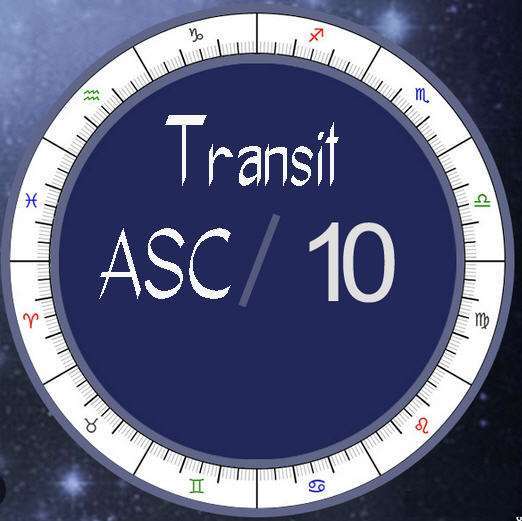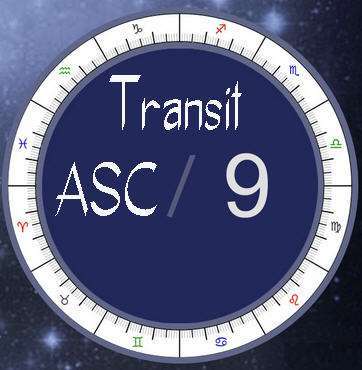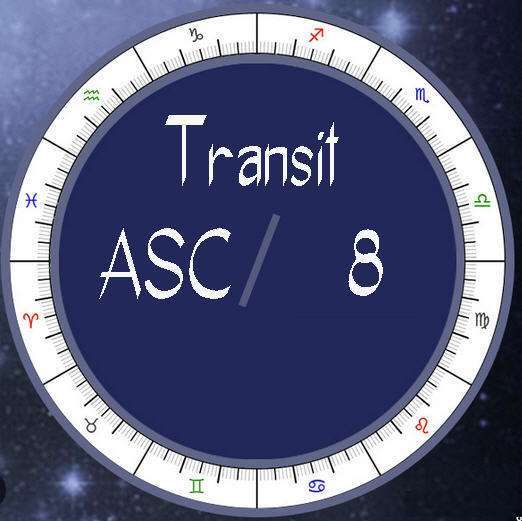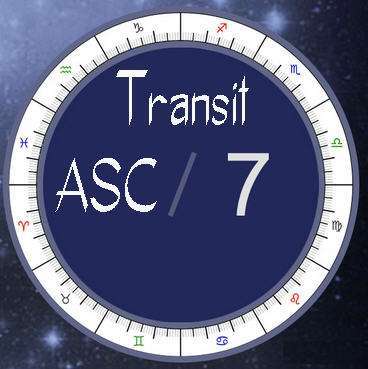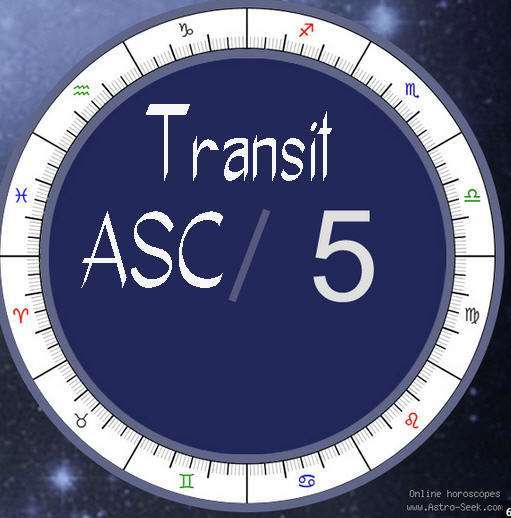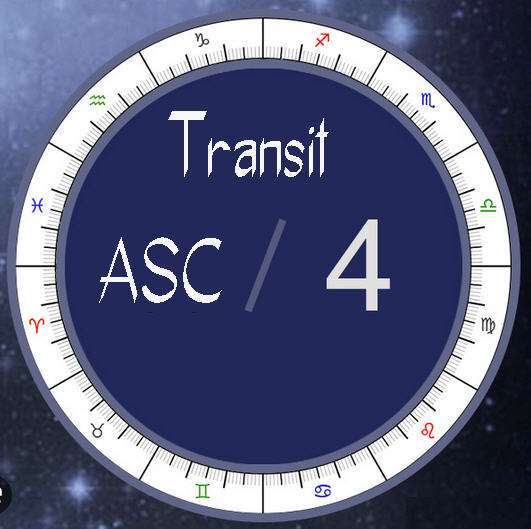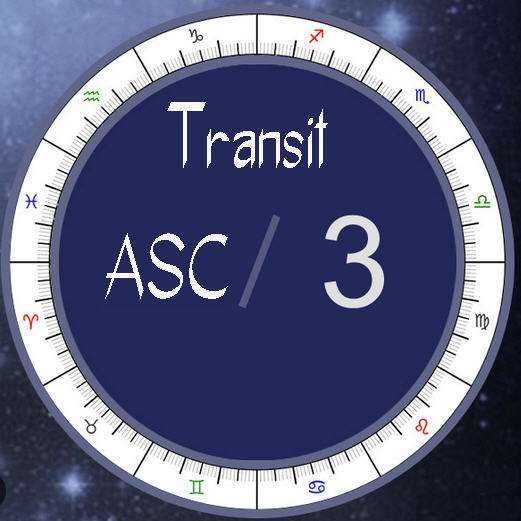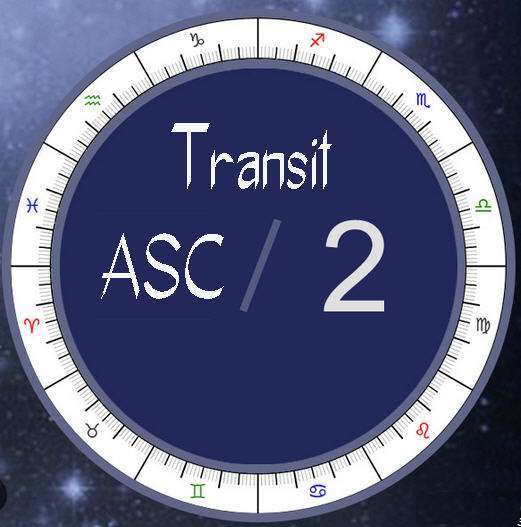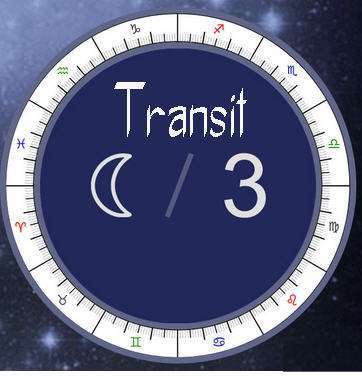
Moon transit 3rd house:
The Moon’s transit through the 3rd house in astrology influences communication, immediate environment, learning, and relationships with siblings and neighbors. Here is an extended analysis of the positive and challenging characteristics of this transit:
Positive Characteristics
1. Enhanced Communication: Moon transit 3rd house
– Your ability to communicate effectively is heightened. You may find it easier to express your emotions and thoughts clearly, making this a good time for important conversations.
2. Intellectual Curiosity: Moon transit 3rd house
– This transit stimulates your intellectual curiosity. You might feel a strong desire to learn new things, take up short courses, or engage in stimulating discussions.
3. Improved Relationships with Siblings and Neighbors: Moon transit 3rd house
– Your relationships with siblings and neighbors may improve. There is a greater sense of emotional connection and understanding, fostering harmony in these relationships.
4. Emotional Connection to Learning: Moon transit 3rd house
– You may find learning new things to be emotionally fulfilling. This is a great time to read, write, or pursue other educational activities that satisfy your intellectual and emotional needs.
5. Active Social Life: Moon transit 3rd house
– Your social life may become more active. You are likely to enjoy engaging with your immediate community, attending local events, and building connections with those around you.
6. Heightened Intuition in Daily Interactions: Moon transit 3rd house
– Your intuition in daily interactions is sharpened. You may pick up on subtle cues and unspoken emotions, which can help you navigate social situations more effectively.
Challenging Characteristics
1. Overthinking and Worry:
– There may be a tendency to overthink or worry about small details. This can lead to mental fatigue and stress if not managed properly.
2. Emotional Volatility in Communication:
– Emotional volatility can affect your communication. You might find yourself reacting emotionally to conversations, leading to misunderstandings or conflicts.
3. Distracted Mind:
– Your mind may be more distracted or scattered, making it difficult to focus on tasks or complete projects. This can lead to a sense of disorganization.
4. Inconsistent Communication:
– There might be inconsistencies in your communication style. You could switch between being overly talkative and withdrawn, confusing those around you.
5. Misunderstandings with Siblings or Neighbors:
– Misunderstandings with siblings or neighbors are more likely. Emotional sensitivities can lead to conflicts if clear communication is not maintained.
6. Information Overload:
– The desire to consume information can lead to information overload. This can result in feeling overwhelmed by the sheer amount of data and opinions you encounter.
Extended Impact
Learning and Education:
– Use this transit to engage in learning and educational pursuits. Whether it’s taking a class, reading a book, or attending a workshop, your mind is more receptive to new information.
Improving Communication Skills:
– Focus on improving your communication skills. Practice active listening, clear expression of thoughts, and emotional intelligence in conversations.
Strengthening Community Ties:
– Take the opportunity to strengthen ties with your immediate community. Participate in local events, volunteer, or simply spend time getting to know your neighbors better.
Balancing Emotions in Communication:
– Work on balancing your emotions in communication. Practice mindfulness and take a moment to think before responding to avoid emotional reactions.
Mindfulness Practices:
– Engage in mindfulness practices to manage overthinking and worry. Techniques such as meditation, journaling, or deep breathing can help calm your mind.
Organizing Your Thoughts:
– Keep a journal to organize your thoughts and ideas. Writing down your reflections can help you process emotions and gain clarity on various issues.
Tips for Navigating the Transit
Stay Grounded:
– Ground yourself through physical activities or spending time in nature. This can help counterbalance the mental stimulation and keep you centered.
Clear Communication:
– Aim for clear and concise communication. Make sure your message is understood and avoid assumptions in conversations.
Set Boundaries:
– Set boundaries with the amount of information you consume. Take breaks from social media or news if you start to feel overwhelmed.
Foster Emotional Connections:
– Use this time to foster emotional connections with those around you. Share your feelings and listen to others with empathy and understanding.
Manage Information Intake:
– Manage your information intake by prioritizing quality over quantity. Focus on sources that are reliable and align with your interests and values.
Focus on Small Tasks:
– Break down larger tasks into smaller, manageable steps. This can help you stay organized and reduce feelings of being overwhelmed. The Moon’s transit through the 3rd house is a time of heightened mental activity, communication, and social interaction. By embracing the positive aspects and managing the challenges with mindfulness and self-awareness, you can use this transit to enhance your intellectual growth, improve relationships, and navigate daily interactions more effectively.
